Graham Reid | | 5 min read
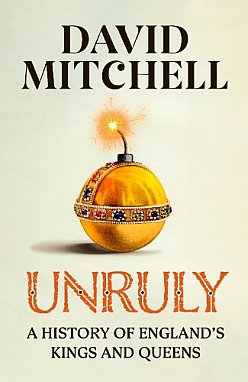
David Mitchell is an educated man, he went to a private school and read history at Cambridge University but the distraction of the theatre company meant he only graduated with slightly diminished degree.
Still, a very smart man.
David Mitchell is also very well known from British panel shows like 8 Out of 10 Cats and Would I Lie to You.
David Mitchell is a comedian . . . and on every page of this satirical, irreverent, digressive and sometimes very funny 400 page-plus survey of the English monarchy he lets you know it.
All those names of Anglo-Saxon, Viking, Pict and so on characters before royals started numbering themselves are ripe for mockery and amusement.
 Of course he's helped in this by Aethelred's first and second wife both being called Aelfgifu and his son marrying a woman named Aelfgifu, and his successor marrying Queen Dowager Emma of Normandy known as . . . you guessed it.
Of course he's helped in this by Aethelred's first and second wife both being called Aelfgifu and his son marrying a woman named Aelfgifu, and his successor marrying Queen Dowager Emma of Normandy known as . . . you guessed it.
And you can imagine the adolescent glee with which Mitchell speaks about that successor.
He was King Cnut.
Mitchell also delights in telling us that Battle was named after the battle (of Hastings in which Harold may or may not have been killed by an arrow) and Battle wasn't named this before the battle, otherwise that would have meant history would record the Battle of Battle.
And so it goes. Often at length.
But Mitchell is right not to take history too seriously because, as he notes, we tend to impose great movements on the past: major shifts of economics; the power of kings, queens, bishops and Popes; the effects of wars and disputes in distant parts and so on.
In fact much of history happens by accident – a hunting mishap in the New Forest, a fall or even change in the weather which meant William's army could set off across the Channel while Harold's army had just seen off northern raiders at the Battle of Stamford Bridge in York and had to then trudge, battle-weary, to a field outside of a place which would become known as Battle.
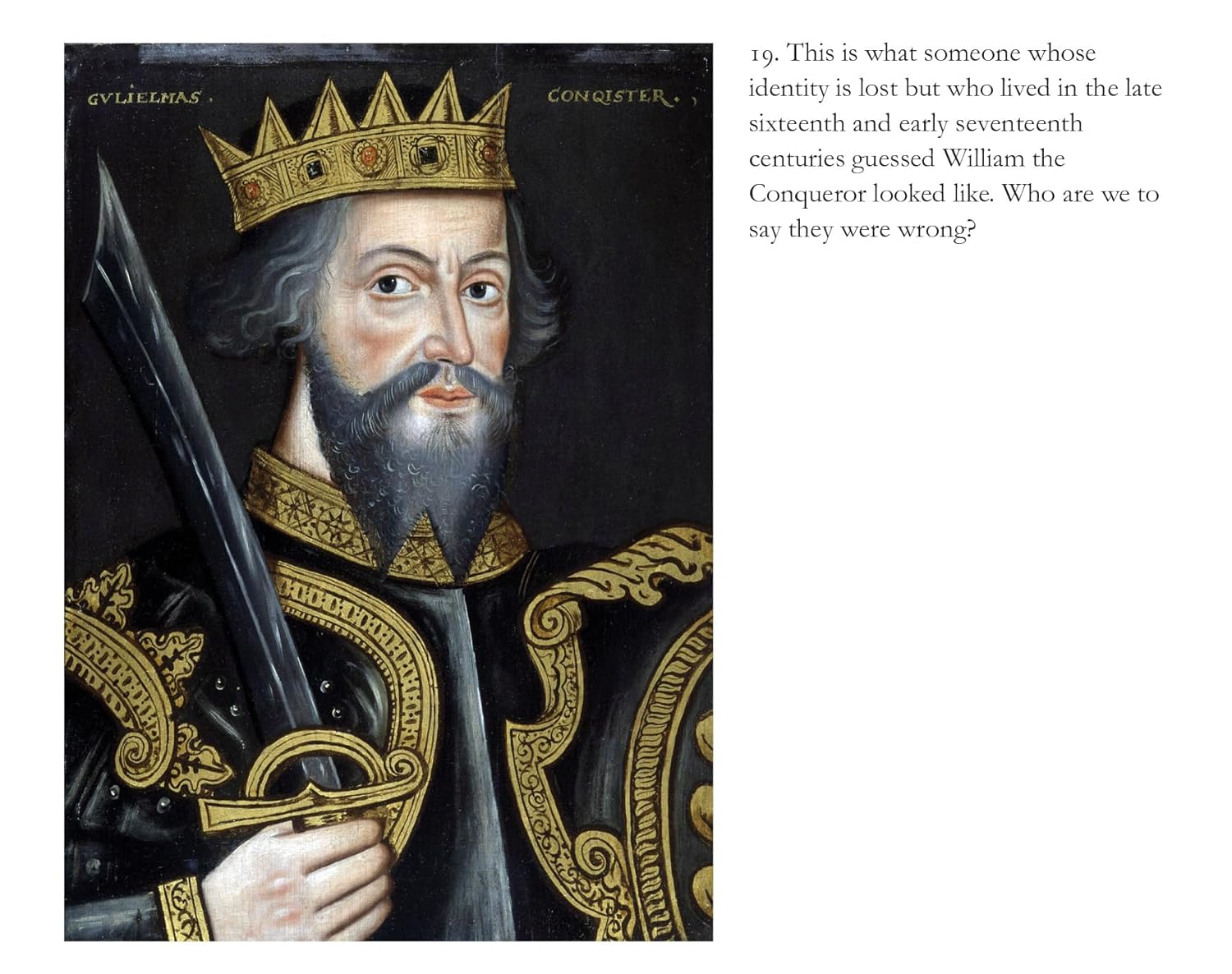 And so it goes: weather, discomfort (Napoleon couldn't ride a horse at Waterloo because of piles apparently), illness, bad food, sexual peccadillos, murder and unfortunate marriages played a huge part in shaping what historians study.
And so it goes: weather, discomfort (Napoleon couldn't ride a horse at Waterloo because of piles apparently), illness, bad food, sexual peccadillos, murder and unfortunate marriages played a huge part in shaping what historians study.
And then, as Mitchell notes, the next wave of historians come along and disagree with the buggers who went before them.
Because that's what historians do.
He's also right that trying to encourage school kids some empathy for peasants, medieval monks, courtiers and hard working civilians is a waste of effort. No amount of role play will get the 21st century kid more interested in Minecraft and sex into the headspace of the unwashed ancients. If adults can't do it why would we think 15-year olds could?
Mitchell is certainly informative but for page after page – let's rephrase that, for page after goddamn page – he never lets go of his comedic handle and weaves off into tangential comment (some pretty funny admittedly) about current politics, Brexit, pop culture references, little rants about pet peeves and so on.
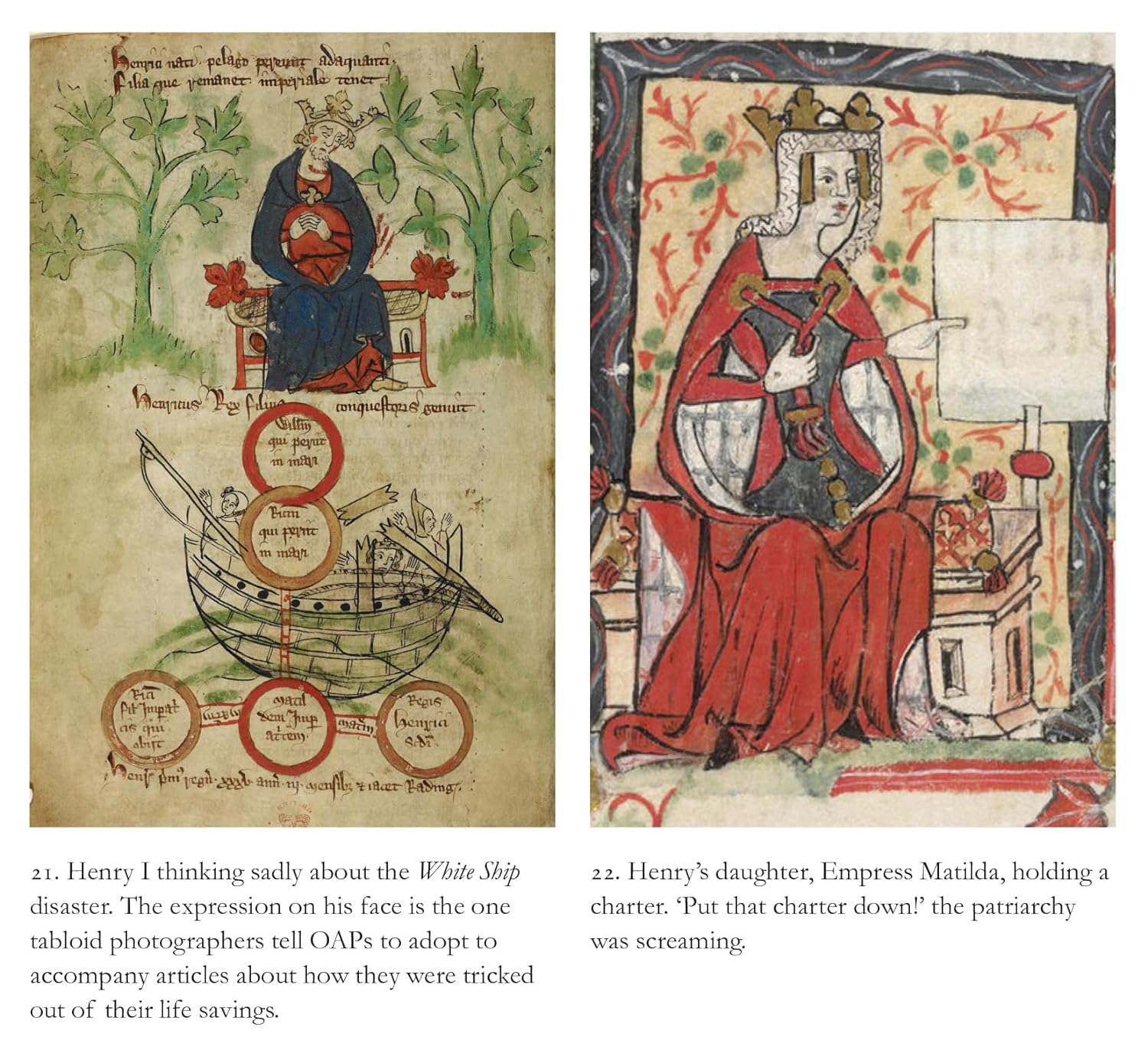 So just when you might be engaged by Edward II (remembered mostly for the story that he was killed by red hot poker up the bum) and a discussion about his popularity he might make the leap from "popularity" to . . . that baronial-themed restaurant off the M1 near Upper Chitnorth-on-Wold where the buxom waitresses all wear low-cut blouses and call you “m'lord” or “m'lady” and the buffet groans with slices of boar (just thick cut ham really) and potatoes and warm mead. That's if you can get in because it's popular so always crowded and the car park filled with near-new Teslas and the entrance just a clutter of e-scooters left there by every Jono, Jack, Harry and Ben hipster with their identikit beards, all so alike you couldn't pick out in a line-up the one who took your Americano at Pret a Manger in Clifton when you were standing behind him and he was trying to decide on a Chai tea latte or an almond coffee but took your coffee instead and …
So just when you might be engaged by Edward II (remembered mostly for the story that he was killed by red hot poker up the bum) and a discussion about his popularity he might make the leap from "popularity" to . . . that baronial-themed restaurant off the M1 near Upper Chitnorth-on-Wold where the buxom waitresses all wear low-cut blouses and call you “m'lord” or “m'lady” and the buffet groans with slices of boar (just thick cut ham really) and potatoes and warm mead. That's if you can get in because it's popular so always crowded and the car park filled with near-new Teslas and the entrance just a clutter of e-scooters left there by every Jono, Jack, Harry and Ben hipster with their identikit beards, all so alike you couldn't pick out in a line-up the one who took your Americano at Pret a Manger in Clifton when you were standing behind him and he was trying to decide on a Chai tea latte or an almond coffee but took your coffee instead and …
Okay, I made that up. But you get my drift.
Or more correctly Mitchell's constant drifting.
By the time he reaches the appalling Henry VIII – just a royal or two before the book ends with Elizabeth I and Mary Queen of Scots – Mitchell seems to run out of puff, or piss and wind as he might say.
 The stories are more pointed, the tangents reined in.
The stories are more pointed, the tangents reined in.
Fittingly perhaps he ends not with a monarch but a writer: William Shakespeare.
“Before Shakespeare the Renaissance didn't hugely affect England. It was like a copy of French Vogue in a Guildford hairdressers – just something people who wanted to be aware of things were aware of. It didn't touch many.
“When Shakespeare wrote Hamlet and it played to packed theatres, something new had begun. Renaissance is underplaying it.
“It was a birth, not a rebirth – but novelty is more approachable when spun as restoration.”
He concludes quoting Shakespeare from Richard II in which the king speaks of himself as just a man: “You have mistook me all this while. I live with bread like you, feel want, taste grief, need friends – subjected this, how can you say to me I am a king?”
That kind of self-knowledge was and is absent in monarchs, of course.
Born into it or wrestling it from others, monarchs believe they have some divine right and that's the lie which centuries of them have perpetrated and the public has come to believe. Pomp, majesty, colourful parades, arcane rituals and so on, it is all bullshit as Mitchell says.
His conclusion is pertinent, that monarchs are products of a flawed system which has become endemic in British life (and abroad) and that while they affected people's lives “if they hadn't, someone else would have done. Unlike Shakespeare, they were not important. But we mistook them all this while.”
 Laurence Sterne, author of the brilliant Life and Opinions of Tristram Shandy wrote in its pages, “Digressions, incontestably, are the sunshine; — they are the life, the soul of reading; —take them out of this book for instance, —you might as well take the book along with them.”
Laurence Sterne, author of the brilliant Life and Opinions of Tristram Shandy wrote in its pages, “Digressions, incontestably, are the sunshine; — they are the life, the soul of reading; —take them out of this book for instance, —you might as well take the book along with them.”
True about Tristram.
And maybe true about Mitchell's Unruly.
But the more you read -- especially in that irritatingly wayward first two thirds -- the more you might feel that this is perhaps a routine for Mitchell. The suspicion is raised that maybe this was an ebook before it became something on the printed page.
 It reads and feels – and more importantly, sounds – like that.
It reads and feels – and more importantly, sounds – like that.
Digression after witty, cynical and very British sarcastic digression down blind alleys covering the opinions of David Mitchell.
Incidentally, it's available as an ebook.
.
UNRULY; A HISTORY OF ENGLAND'S KINGS AND QUEENS by DAVID MITCHELL Penguin Books $42


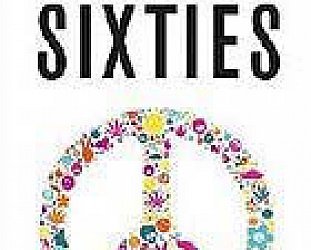
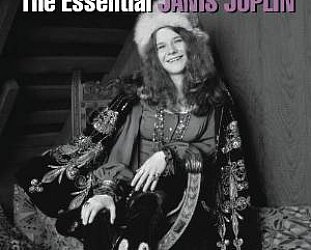

post a comment